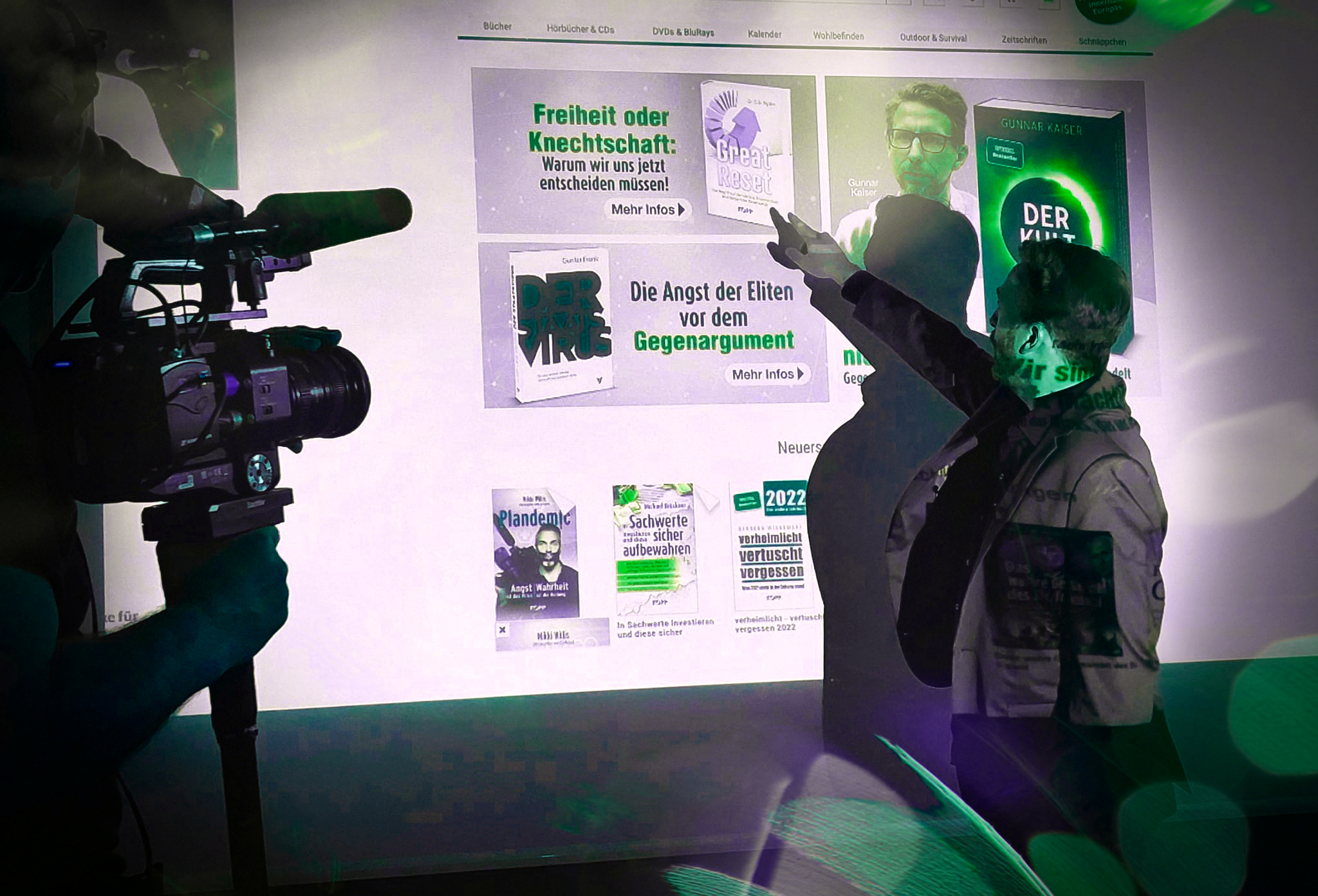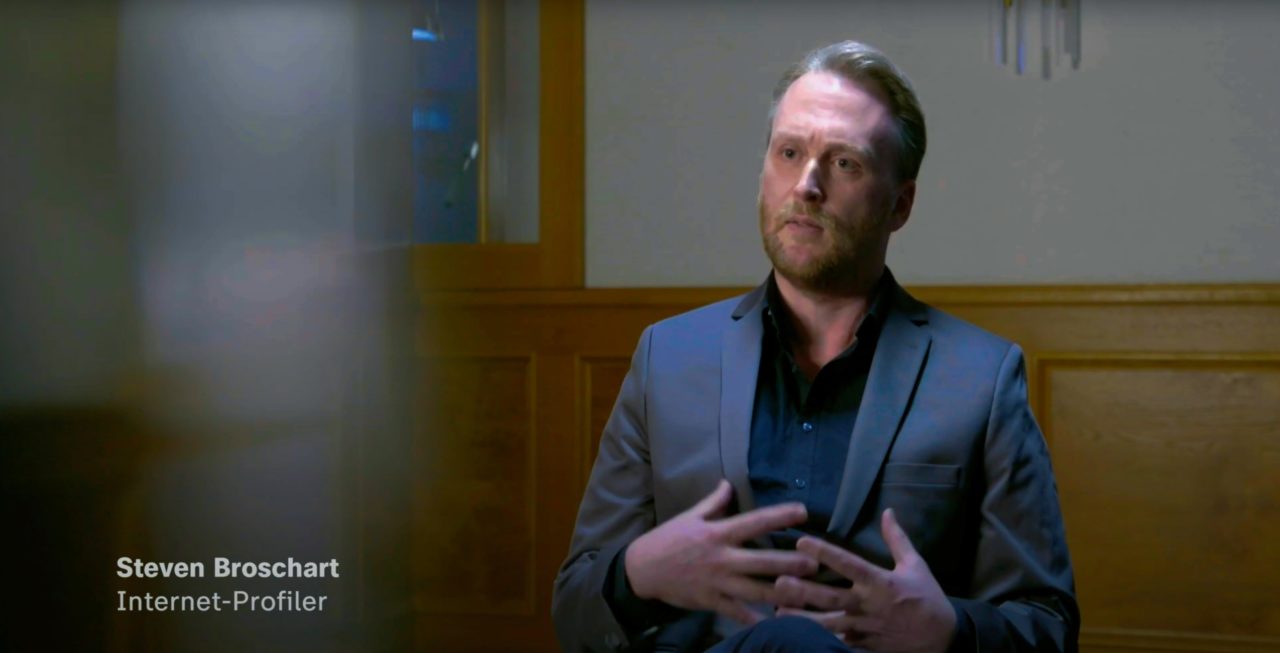About me

Profile

Steven Broschart (born 7 December 1972 in Watford, United Kingdom) is a German author, digital marketing expert and specialist in digital forensics, focusing on the analysis of digital traces in security-related and political contexts. He lives and works near Munich, Germany.
Since 2006, Broschart has been engaged in the systematic evaluation of Google Trends data. Based on digital search patterns, he develops methods for identifying and classifying social, political and security-related developments at an early stage. Since 2018, he has been advising investigative authorities and media projects on the forensic handling of digital traces, including the ZDF formats Terra X History and ZDF Zoom.
Since 2023, Broschart has been increasingly focusing on the question of how artificial intelligence is changing our society, our self-image and our sense of meaning. In this context, he develops conceptual models to make uncertainty, loss of control and emotional alienation tangible in times of exponential change – and to identify possible paths for individual resilience and collective participation.
Broschart is also a specialist author and has published several books, including:
- Putin’s digital Front and the Truth behind (2024, 2025)
- Relaunch – The Dopamin Framework (2018)
- The Contentfaktor (2017)
- SEO and Usability (2012)
A central focus of his journalistic work is to make digital developments comprehensible and to critically reflect on their impact on society, media and brand management. In doing so, he combines psychological, technical and strategic perspectives.
With the dopamine framework he developed, Broschart has created a practical model for neuropsychologically based brand development that integrates findings from behavioural research, motivational psychology and digital user guidance.
His main areas of focus include:
- Digital forensics & cyber analysis
- Political manipulation in the digital space
- Neuromarketing & brand strategy
- Search engines, SEO, usability & digital visibility
- Social impact of artificial intelligence











